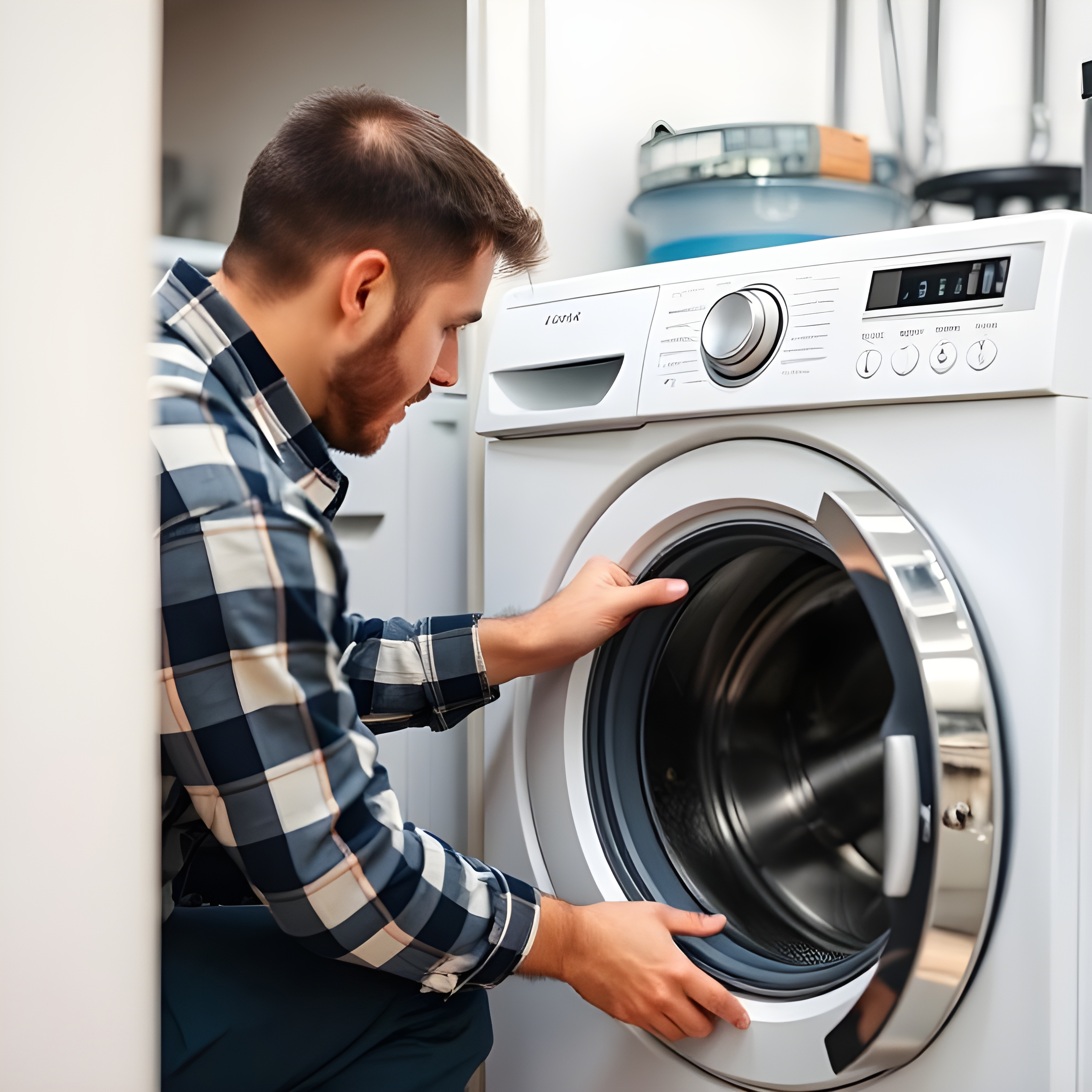Facing a broken appliance always presents a dilemma: should you invest in a repair, or is it time to bite the bullet and purchase a new one? This decision can be tough, as both options have their own set of considerations. Making the right choice can save you money and hassle in the long run.
One of the most significant factors to consider is the age of the appliance. As a general rule of thumb, if an appliance is more than halfway through its estimated lifespan, it might be more cost-effective to replace it, especially if the repair is significant. Major appliances like refrigerators and washing machines typically have lifespans of 10-15 years, while dishwashers and ovens might last around 10-13 years. If your appliance is nearing the end of its expected life and requires an expensive repair, that money might be better put towards a new, more energy-efficient model.
The cost of the repair is another crucial element. Get a detailed estimate from a qualified repair technician. If the repair cost is more than 50% of the cost of a comparable new appliance, replacement is often the more financially sound decision. Consider not just the immediate repair cost but also the likelihood of future issues. An older appliance that needs one repair might need another one soon after.
Energy efficiency is also a key consideration, particularly for older appliances. Newer models are often significantly more energy-efficient than those manufactured even a few years ago. While a new appliance is an initial investment, the long-term savings on your energy bills can sometimes offset the purchase price over time. You can often find information about the energy consumption of your current appliance and potential new models to compare.
The nature of the problem is also important. Minor issues like a broken belt in a dryer or a clogged drain in a dishwasher are often relatively inexpensive to fix and well worth the cost, even on an older machine. However, if the problem involves a major component like the compressor in a refrigerator or the transmission in a washing machine, the repair can be quite costly and might not be the best investment for an aging appliance.
Finally, consider the sentimental value or unique features of your current appliance. If it’s a high-end model with features you love, or if it has sentimental value, you might be willing to invest more in a repair even if it’s an older unit.
Ultimately, the decision to repair or replace depends on a combination of these factors. Getting a professional diagnosis and estimate from a trusted appliance repair service is the first step. They can provide valuable insight into the extent of the damage, the potential cost of the repair, and the overall condition of your appliance, helping you make an informed decision that’s best for your home and your wallet.



